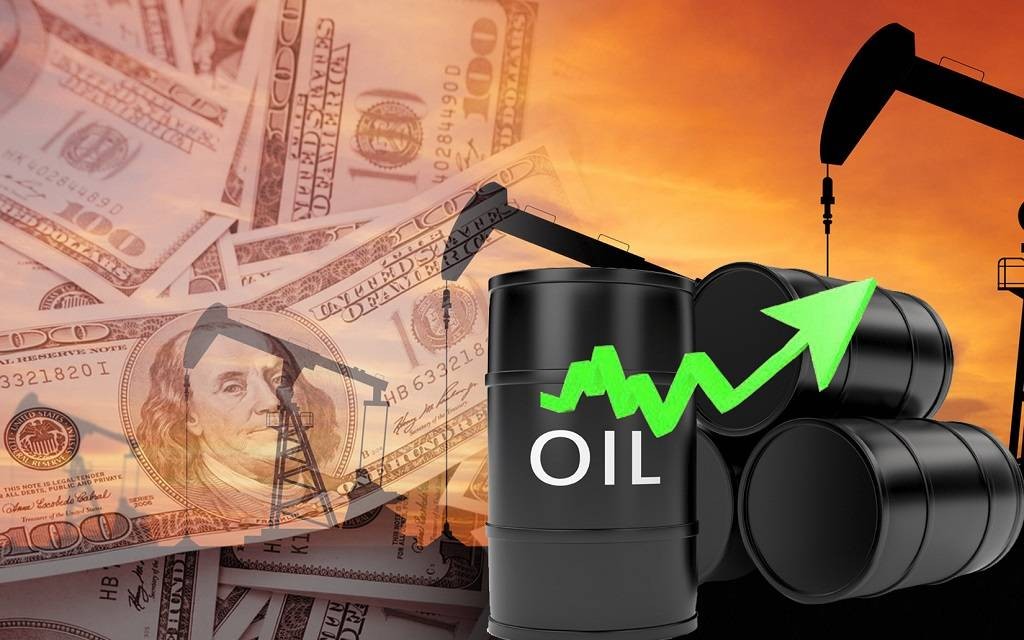Oil prices rose after the OPEC+ alliance agreed to postpone a planned December production increase by one month, as tensions escalated again in the Middle East.
Brent crude rose 2% to more than $74 a barrel, while West Texas Intermediate crude rose above $70. The alliance had planned to start returning 180,000 barrels per day to the market next month, but has decided to keep supply tight until the end of the year.
Meanwhile, Iran has stepped up its rhetoric against Israel, with Supreme Leader Ayatollah Ali Khamenei warning of a crushing response in a speech Saturday. The Wall Street Journal reported that Tehran has told its allies that the attack will come after the U.S. presidential election on Tuesday, but before the inauguration in January, and will not be limited to missiles and drones as in two previous attacks.
Concerns that OPEC is ready to increase supply in a fragile market were weighing heavily on sentiment, analysts at RBC Capital Markets, including Helima Croft, wrote in a note on Nov. 3. The ongoing cycle of retaliatory strikes between Israel and Iran increases the risk of oil facilities being caught in the crossfire, they added.
Oil prices have become increasingly volatile, with concerns about oversupply next year, weak demand in China, the biggest importer, and unrest in the Middle East, which supplies about a third of the world's crude.
While futures fell early last week after an Israeli strike on Iran's energy infrastructure averted damage, they later pared the decline on concerns that the drop was too deep.
The oil market is awaiting a number of major events this week, including the U.S. elections and a meeting of China’s top legislature. Saudi Aramco is also due to announce its official prices for December, and the company is expected to cut its prices for Asia, according to a Bloomberg survey.






































